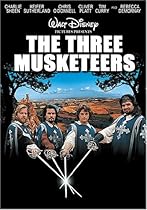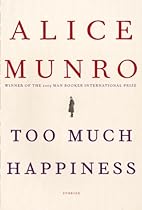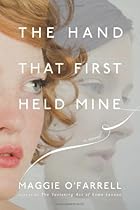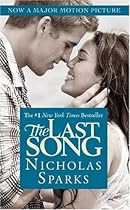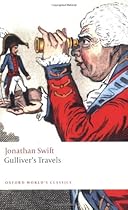
We're at the end of our
Gulliver's Travels read-a-long hosted by Allie at
A Literary Odyssey. If you missed out of the rest of the discussion, you can read about
part one,
part two, and
part three before checking out part four below.
In part four, Gulliver travels to the land of the Houyhnhnms, who rational, talking horses. There is a mutiny on Gulliver's boat and the men decide to become pirates, but first they must get rid of Gulliver. When he first arrives on land, he meets the Yahoos, who are barbaric humans. He recognizes that they are human-like, but doesn't see himself as of the same species as them. When he meets the Houyhnhms, he imagines that the people who domesticated and trained these creatures must be infinitely rational and wise and can't wait to meet them. He soon discovers that there are no such humans, and the Houyhnhnms are the rulers here.
Here again Gulliver trades stories with the creatures he meets, telling them about England and they sharing their culture with him. The Houyhnhnms can't believe he's actually a rational creature capable of learning, much in the way that we would be shocked to discover a talking, rational horse. The Houynhnms are purely rational - no emotions rule their lands. They have no wars, no real problems except for the a occasional Yahoo, and they live to think. At first, this land seems wonderful, I always start wanting to live in such a place, a place without drama and stress. But as Gulliver continues living there, we discover there's also no love and true joy either. Gulliver doesn't see that and continues wanting to be a Houyhnhnm, but as a reader, we see that Swift isn't advocating for a strictly rational society. Would we really want to live in a world with arranged marriages made solely for the purpose of breeding the best children? To have strictly two children, and if another couple loses one of there kids and aren't able to conceive, to give your child to them and then have another for yourself? To have no real emotional attachment to anyone? Sometimes, such as after losing a loved one, we may be tempted to think that life would be better that way, but do I really wish I had never loved so that I might never feel pain?
Although most readers probably come to see that they wouldn't really want that kind of life, Gulliver does, and goes a little crazy upon finally returning home. He converses with his horses for at least four hours a day and can't stand to be too close to other humans, even his family. Clearly Swift isn't promoting that! Again, I think he's promoting moderation. Society needs a lot more rational thought, but at the same time you can't swing to far and remove common human decency and love from the equation. A purely rational focus can lead to things such as believing it's okay to kill people who are physically or mentally handicapped or simply people who aren't contributing enough to society.
Lest you think that part four is entirely heavy, there were a few quite funny bits. Swift really rails against lawyers and doctors in this section. About lawyers, he says their job is to argue that white is black and black is white. He provides an example of a neighbor who tries to lay claim to one of his cows. Gulliver says he can't argue that the cow is rightfully is and that the neighbor has no claim because the lawyers and judges would never go for that, so he must either pay the neighbor's lawyer to lose the case or argue that the cow actually belongs to the neighbor and that Gulliver wants to take it from him! He also says that once they've twisted something once, it's a precedent and is therefore easy to do in the future.
One last thing I found interesting about the Houyhnhnms is that they educate their males and females the same, and could not understand why we would not do so. "And my Master thought it monstrous in us to give the Females a difference Kind of Education from the Males, except in some Articles of D
Domestic Management; whereby, as he truly observed, one Half of our Natives were good for nothing but bringing Children into the World: And to trust the Care of their Children to such useless Animals, he said was yet a greater Instance of Brutality." Well said.
I hope you enjoyed reading along. I may have to start doing multiple posts for larger books. It made it easier to delve into everything I wanted to discuss instead of leaving half of the things out so as to not have never-ending posts. Of course, that would require more time, so that may not happen. We'll see!
P.S. If you subscribe to this blog in a RSS feed, I'm sorry if you got a nearly blank post earlier today. I was creating a few templates for upcoming posts and accidentally hit "publish post" instead of "save now." Look for the actual post on the Lives of the Signers of the Declaration of Independence soon! Thank you!
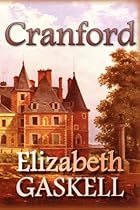

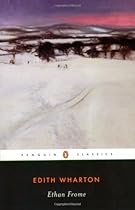 I've owned
I've owned 